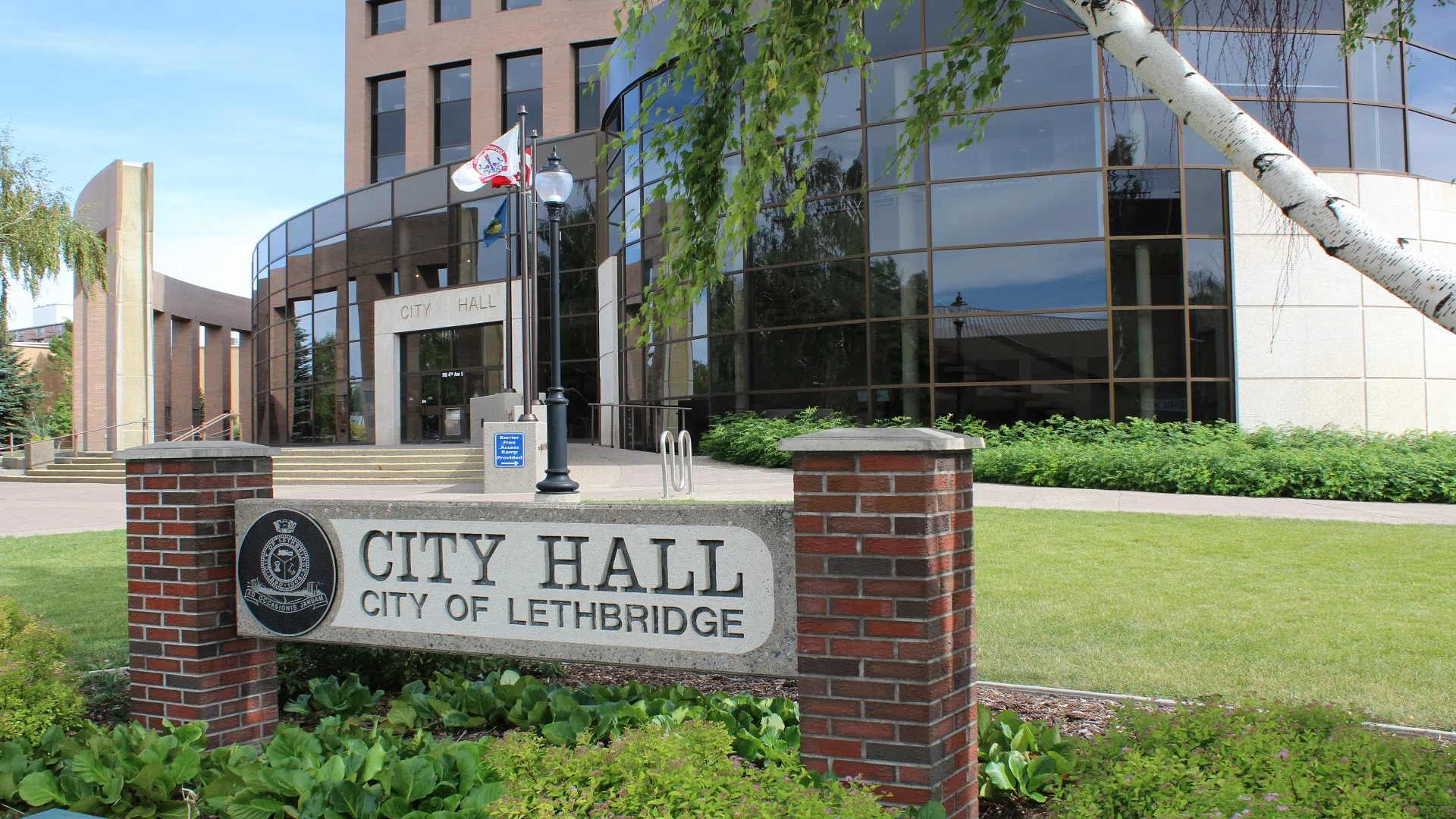
Lethbridge City Finance Committee hears requests for additional funding
LETHBRIDGE – The requests for funding are now coming in, ahead of this November’s $380 million 2019-2022 City Operating Budget deliberations.
The Operating Budget includes money for things like Lethbridge Police Service, EMS, parks operations, snow removal, library funding, ice arenas, pools, and transit. It’s divided into a General Fund with $230 million – supported by property taxes, user fees, grants and other general revenues – and a Utility Fund, with $150 million – which comes from utility fees.
The Operating Budget can also include money for some local fee-for service and non-profit groups. Seven of them made their cases for funding to the Finance Committee at a meeting Monday (Sept. 10) afternoon.
All budget requests were accepted as information and referred to deliberations in mid-November.


